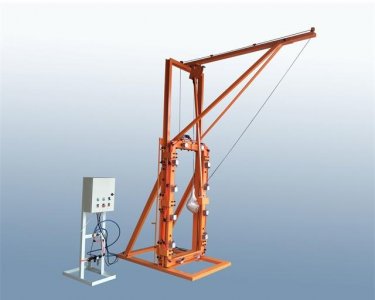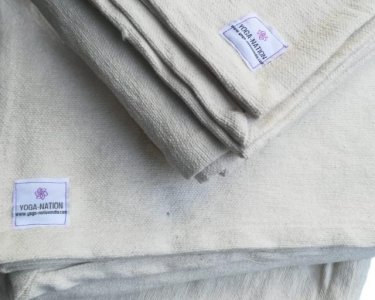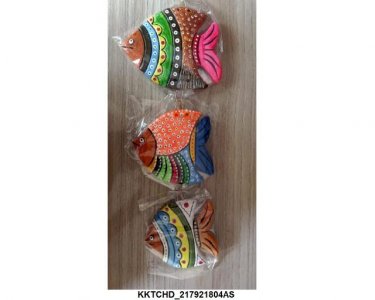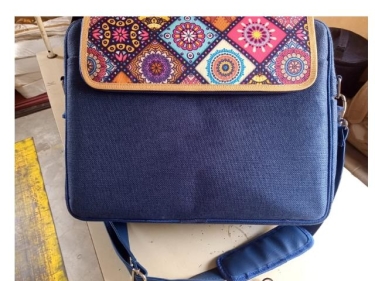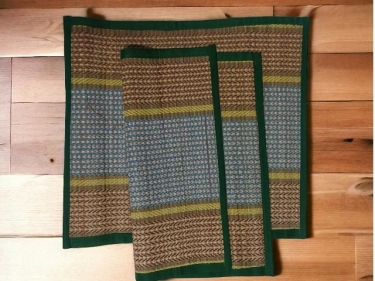Search Results for "kuwait" in "Kuwait" on Export Portal
Active Filters
-
Keywords:
-
Country:
- Clear all
New Search
Couldn't find the product you want?
Fill out this form to request the product.
Exports

Kuwait is the world's 47th most complex economy and the 40th largest export economy. It is has a petroleum-based economy - crude petroleum, refined petroleum and petroleum gas being its main exports. Petroleum industry represents about 50 % of the Kuwait's GDP and it is the main source of the country's income. Other major industries include water desalination, shipping and financial services.
Kuwait has a well developed banking system - the National Bank of Kuwait is one of the largest banks of the Arab countries.
The agricultural sector represents only 1% of the country's economy and 8 % of the gross domestic product, due to the limited arable land and water reserves. The agricultural sector mainly produces fruit and vegetables for the internal consumption. Fishing is a large scale commercial industry, as the territorial waters are full of seafood.
Kuwait's major industrial sector remains the oil production. The country is the 10th larger oil producer and the 8th largest exporter of petroleum products. Other major exports are: organic chemicals, plastics, copper, furskins, electronic equipment, textiles. The main export partners are: South Korea, India, Japan, China, United States, Saudi Arabia, United Arab Emirates and Pakistan.
Customs requirements of Kuwait
Kuwait Customs Contacts
Website: http://www.customs.gov.kw/
Address: M.B 16 Safat 13001 - Kuwait
Phone: (965) 24843490
Kuwait is a country situated in Western Asia, bordering Iraq and Saudi Arabia. Kuwait maintains strong international relations with most countries. It is a member of the World Bank, International Monetary Fund, WTO, General Agreement on Tariffs and Trade, African Development Bank, Arab Monetary Fund, Council of Arab Economic Unity and Group of 77.
Tariffs
A tax of 4% is applied on the c.i.f. value of all imports plus 1% of the goods value. Generally, the tax varies from 15 to 25% on all imported goods. The importer also will have to pay the transit duty, which constitutes 2% ad valorem.
Products such as agri-food goods, basic consumer products, most live animals, machinery, spare parts and all raw materials are free from customs duties.
On the contrary, goods such as ACR batteries, roofing felt, wooden and steel furniture, aluminium doors and windows, paint, are subject to a protective tariffs, which can vary up to 25%.
Products such as pork, alcohol, gambling machines and products of Israeli origin are prohibited.
Product licensing, labelling, packaging
Private imports require a license issued by the Ministry of Commerce and Industry, but most fresh food products do not need a license. The importer must present the import licence and the quality test certificate for the imported goods. The importer do not need an import license for each product and shipment, as an annual import license can be obtained.
Live animals and animal products being imported must have health certificates. Food products must be followed by a certificate proving that the goods do not contain cyclamate compound.
Labelling: the imported goods must be clearly labelled with the country of origin and food products should carry a label in Arabic. Outer containers must have a distinguishing mark containing: package number, cable address of the importing agent, country of origin. Outer packaging must contain a description of the product in Arabic, and a description in English is also permitted. The packing list should contain the following details: invoice number, marks and number, gross weight of total cargo, description and type of goods, statistical code of the goods, total package of each type, packing type of each type, total units and gross/net weight of each type. Products that cannot be labelled individually (such as fruits) may have a sticker attached or their packaging labelled instead. The information must form an integral part of the label (stick-on labels are not acceptable). Food labelling must include: the name of the product, the ingredients, the date of production, the expiry date, net and gross weights, country of origin.
Documents for import/export
-
Commercial invoice with all the specifications (1 original and 3 copies)
-
Pro-forma invoices
-
Certificate of origin (min. 3 copies)
-
Bill of lading/airway bill (2 originals)
-
Packing list
Note: the original commercial invoice, original certificate of origin and original packing list must be legalised by the Kuwait Embassy/Consulate and should be attested by the local chamber of commerce.
Sources:
http://kuwaitembassy.ca/pages/Economy/BusinessInKuwait/IMPORTINGINTOKUWAIT.htm













